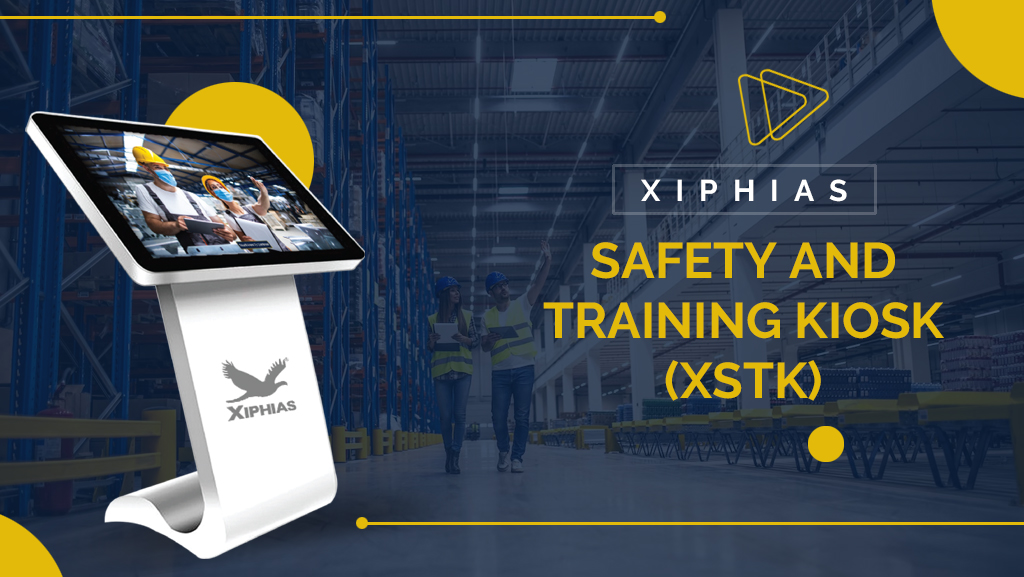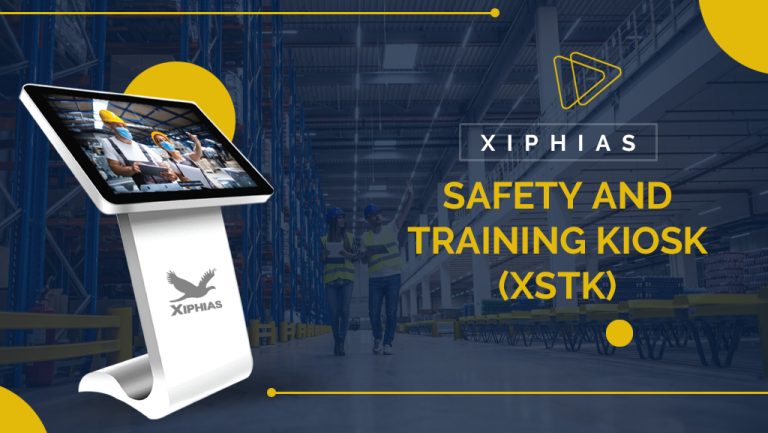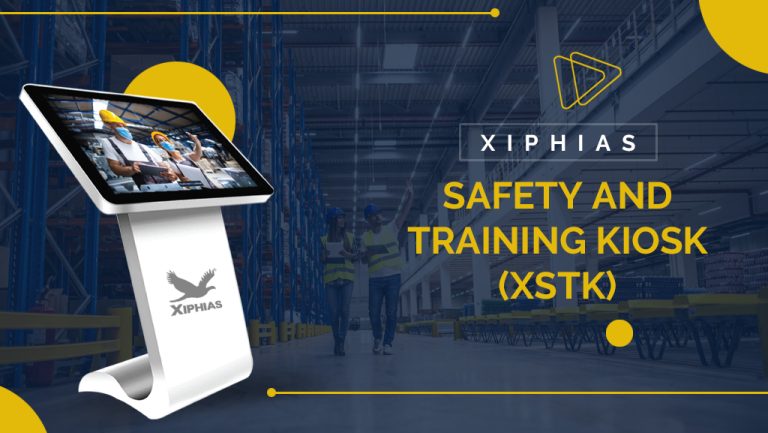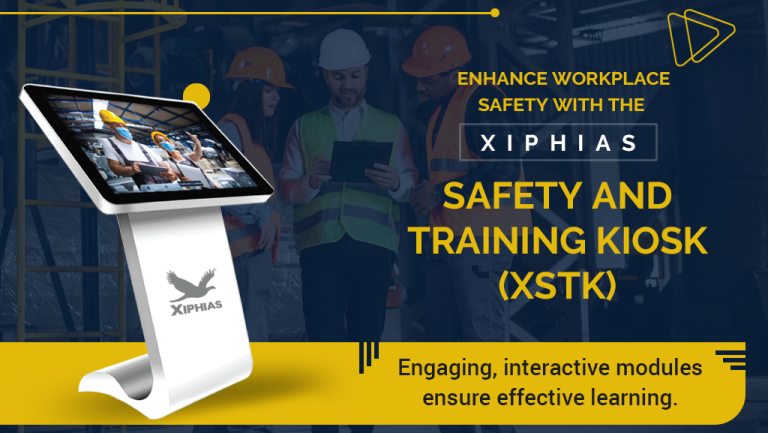How Safety Training Kiosks Ensure Consistent Training Across Industries?
In today’s fast-paced industrial landscape, ensuring consistent and effective safety training is crucial. Safety training kiosks have emerged as a revolutionary solution, breaking barriers and providing uniform training across various sectors. These kiosks leverage technology to deliver standardized training, ensuring every employee receives the same high-quality instruction, regardless of location or industry.
The Importance of Consistent Safety Training
Consistent safety training is vital for maintaining a safe work environment. When safety protocols are uniformly taught, employees understand the procedures better, reducing the risk of accidents. In industries like construction, manufacturing, healthcare, and logistics, where safety risks are high, consistent training is paramount. Safety training kiosks play a significant role in achieving this uniformity, offering a structured and standardized approach.
What Are Safety Training Kiosks?
Kiosks are interactive, self-service stations designed to deliver training modules. These kiosks are equipped with touchscreens, multimedia capabilities, and user-friendly interfaces. They provide on-demand access to training materials, videos, quizzes, and assessments, ensuring employees can complete training at their convenience. This flexibility is crucial for industries with varied shift patterns and remote locations.
How Safety Training Kiosks Break Barriers
Accessibility
One of the primary barriers to effective safety training is accessibility. Traditional training methods often require employees to gather in one location, which can be challenging for large or geographically dispersed teams. kiosks eliminate this barrier by providing training access at multiple locations. Whether in a factory, hospital, or construction site, employees can access training materials anytime.
Standardization
Inconsistent training delivery can lead to varying levels of safety knowledge among employees. Safety training kiosks ensure that every employee receives the same information, regardless of their trainer or location. This standardization is crucial for maintaining uniform safety standards across all branches and sites.
Language and Literacy Barriers
Language and literacy barriers can impede effective safety training. Safety kiosks often offer multilingual support and utilize visual aids, making training accessible to non-native speakers and those with varying literacy levels. This inclusivity ensures that all employees understand the safety protocols, reducing the risk of miscommunication and errors.
Real-Time Updates
Industries often face changes in regulations and safety protocols. Keeping training materials updated can be challenging with traditional methods. Safety training kiosks can be easily updated with the latest information, ensuring employees always receive current training. Real-time updates help industries comply with regulations and maintain high safety standards.
Tracking and Compliance
Monitoring training progress and compliance can be a daunting task. Safety training kiosks simplify this by automatically tracking employee progress, completion rates, and assessment scores. This data helps managers ensure compliance with safety regulations and identify areas where additional training may be needed. Automated tracking reduces administrative burdens and enhances efficiency.
Cost-Effectiveness
Implementing traditional training programs can be expensive, involving trainers, travel, and materials. Safety training kiosks offer a cost-effective alternative by reducing these expenses. Once installed, kiosks provide ongoing training without the need for additional resources. This scalability makes them an attractive option for businesses of all sizes.
Industry Applications
Construction
In the construction industry, safety training is crucial due to the high-risk nature of the work. Safety training kiosks provide construction workers with easy access to training modules on-site, ensuring they understand protocols. This accessibility helps reduce accidents and promotes a culture of safety on construction sites.
Manufacturing
Manufacturing facilities often operate 24/7, making it challenging to gather all employees for training sessions. Safety kiosks allow manufacturing workers to complete training during their shifts, ensuring consistent knowledge across all teams. This flexibility helps maintain high safety standards and reduces downtime.
Healthcare
In healthcare, safety training is essential to protect both patients and staff. Safety training kiosks in hospitals and clinics provide healthcare workers with immediate access to training materials, ensuring they are up-to-date with the latest protocols. This immediate access is critical in a fast-paced, high-stress environment like healthcare.
Logistics and Warehousing
The logistics and warehousing industry involves various safety risks, from heavy machinery to hazardous materials. Safety kiosks provide logistics workers with standardized training, ensuring they understand the safety procedures. This standardized approach helps prevent accidents and ensures compliance with safety regulations.
The Future of Safety Training
As technology continues to evolve, safety kiosks will likely incorporate advanced features like virtual reality (VR) and augmented reality (AR). These technologies can provide immersive training experiences, allowing employees to practice safety procedures in a controlled, virtual environment. Such innovations will further enhance the effectiveness and appeal of safety kiosks.
Conclusion
Safety training kiosks are breaking barriers and revolutionizing how safety kiosk is delivered across industries. They provide accessible, standardized, and cost-effective training solutions, ensuring consistent safety knowledge among employees. By addressing accessibility, standardization, language barriers, real-time updates, tracking, and cost-effectiveness, these kiosks enhance workplace safety and compliance. As industries continue to prioritize safety, the adoption of safety kiosks is set to increase, paving the way for a safer, more efficient working environment for all.




